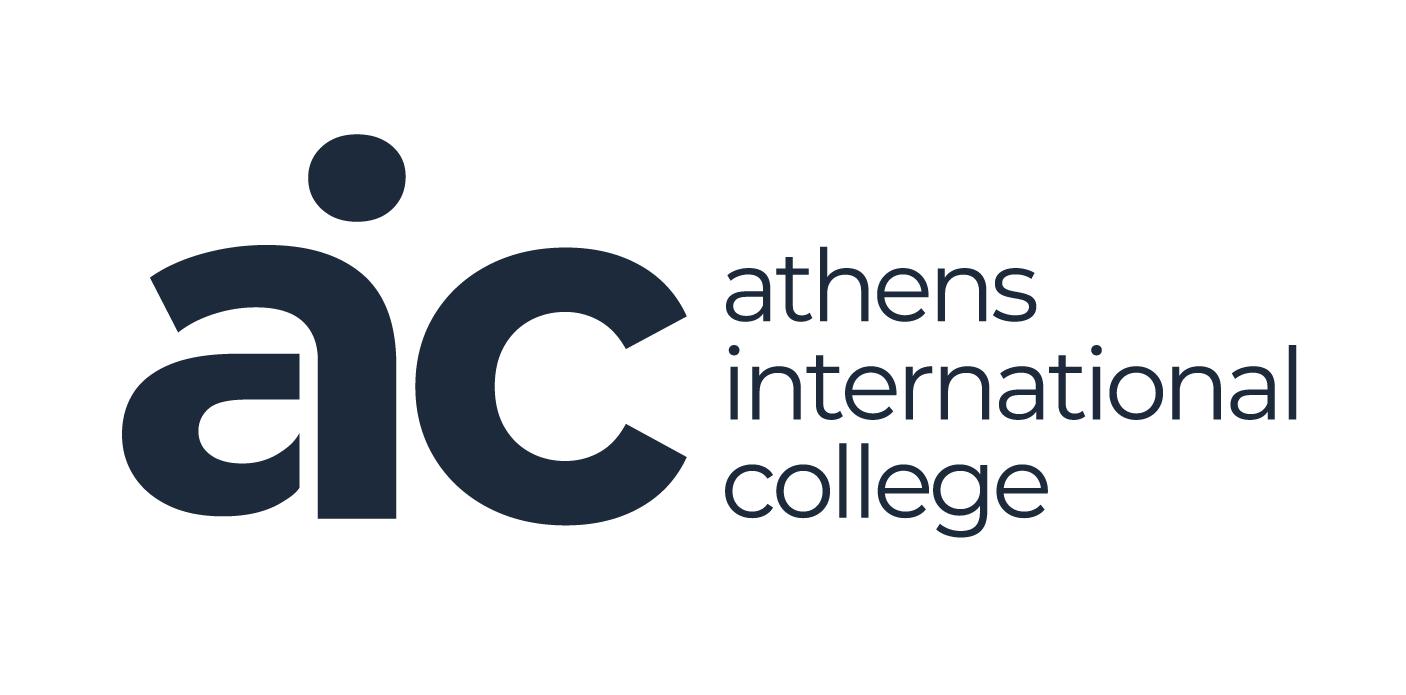The MBA in HR Management is a postgraduate programme specifically designed for professionals who are already employed and aspire to enhance their academic foundation, as well as their professional, managerial, and leadership skills.
The programme places particular emphasis on the development of leadership and strategic capabilities, while its interdisciplinary approach ensures flexibility and the ability to adapt rapidly to changes in science, technology, and the business environment. Participants connect their learning directly to the needs of their career and to the demands of the company or organisation in which they work.
Through participation in the MBA in Human Resource Management, students gain multiple benefits, including:
Development of strategic HR insight
Students learn to align organizational human needs with business objectives, enhancing the role of HR as a strategic partner in management.
Specialization in critical HR functions
From talent acquisition and performance management to change management and organizational culture, the program provides in-depth knowledge of core HR functions.
Development of leadership and interpersonal skills
The MBA strengthens the ability to manage teams, resolve conflicts, and guide people — essential skills for roles such as HR Manager, Business Partner, or Director.
Preparedness for the future of work
Focus on emerging trends such as remote/hybrid work, HR analytics, artificial intelligence, and digital upskilling, ensuring graduates can lead in constantly evolving environments.
Employment opportunities across multiple sectors
HR skills are essential in all types of organizations — from multinational corporations and SMEs to NGOs, startups, and public services — increasing employment options.
Pathways to senior management positions
An MBA in HR opens doors to roles such as HR Director, Chief People Officer, or organizational development consultant, with enhanced responsibilities and compensation.
The course aims to determine the value of information systems in business strategy, the importance of organizing IT departments as IT service providers, and the evaluation of modern integrated information systems.
The course aims to emphasize the importance of Human Resources as a key factor in creating competitive advantage. Within this framework, contemporary perspectives, strategies, and policies are analyzed to achieve this goal in a demanding business environment.
The course emphasizes accounting information, the analysis of financial statements, and the study of topics such as costing, pricing, leverage, investment strategy, business performance, auditing, and credit policy.
The course presents the fundamental theoretical principles, criteria, and quantitative/qualitative methods supporting the modern decision-making process in matters related to product manufacturing and service operations, aiming to enhance the efficiency and/or effectiveness of the business.
This course focuses on presenting the complete theoretical framework of Marketing Management, as well as the theoretical models and implementation tools.
Particular emphasis is placed on enabling students to apply and implement these concepts through the development of a Marketing Plan brief, addressing the marketing parameters of both the internal and external environment of a business or organisationa.
The course emphasizes the analysis of key macroeconomic variables (unemployment, inflation, interest rates, GDP, balance of payments, monetary and fiscal policy) and examines how changes in these variables affect a country’s investment strategy and developmental dynamics.
The course completes the first-year MBA curriculum, emphasizing environmental variables, the development of alternative strategies, their evaluation, and strategic-level decision-making by businesses.
The course explores strategy as a field of debate and emphasizes the need to understand cultural, social, ethical, and economic factors that shape strategy development within organizations. It trains students to engage more comprehensively in discussions about the strategy of their own and other organizations.
The course offers a critical study of the tools, models, and concepts for implementing sustainability strategies and policies in businesses and organizations. It reviews current and emerging ideas within the context of factors driving organizational changes necessary to respond to urgent sustainability and responsibility challenges.
Furthermore, the course investigates practices, innovations, and emerging approaches for integrating sustainability into business strategy and emphasizes the development of key competencies through Knowledge Management and Learning Organization theories.
This course focuses on the development of individual leadership skills, with particular emphasis on maximizing creativity at the individual, team, and organizational levels. Various contemporary leadership theories are examined, including transformational leadership, which is illustrated with examples and complemented by practical exercises.
Beyond theoretical foundations, significant emphasis is placed on personal development. Students assess their own leadership style using established measurements and, based on relevant theory, design an action plan that will guide their professional growth. The coursework requires the application of theory and critical analysis, contributing to the development of leadership competencies and personal leadership style.
Students develop a strong foundation in both the theory and practice of consulting, preparing them for careers as professional consultants or as managers responsible for engaging and overseeing consulting services.
-
The client’s view – Why organizations hire consultants, how they choose among competing firms, and how they can extract greater value from consulting engagements.
-
The consultant’s view – The strategic issues shaping the consulting industry, how firms position themselves in the market, the evolving client–consultant relationship, and the methodologies consultants apply in practice.
Change is a defining characteristic of organizations and presents fundamental challenges and questions for their members. Gaining deeper knowledge of how organizations change, the extent to which change is fully manageable, which individuals understand the changes, and the related complexities is an essential component in studying an organization and improving organizational activities and member relationships.
This course investigates these issues with a focus on the epistemological and ontological perspectives of change. The core principle is that change is always specific and context-dependent, so there is no ready-made, standardized solution that can be successfully applied to all cases of change. While the most important tools and techniques available to change agents allow them to analyze and interpret the specific context in which they wish to effect change, they must also assess the suitability of various approaches and identify and manage potential obstacles to the effective implementation of change in each specific case.
The course addresses key issues and perspectives in management development methodologies, systems, and principles, with a particular focus on their relationship to the human factor. Human Resource development and management are presented as integral to corporate strategy and policy. Case studies of successful organizational practices are examined and their performance interpreted. The course further explores skill-based development, as well as the ways in which management development should be adapted to meet diverse organizational needs.
The course addresses key issues and perspectives in management development methodologies, systems, and principles, with a particular focus on their relationship to the human factor. Human Resource development and management are presented as integral to corporate strategy and policy. Case studies of successful organizational practices are examined and their performance interpreted. The course further explores skill-based development, as well as the ways in which management development should be adapted to meet diverse organizational needs.
Students learn to assess the differentiation of employment systems across countries. They also gain an understanding of the complexities and dilemmas faced by global organizations in managing their workforce within diverse national frameworks. Finally, the course develops the ability to recognize and address the international dimension essential for managing projects, quality, and information.
This course aims to introduce students to topics that provide knowledge of human behavior in the workplace, through the design of research projects, data collection and analysis, and the presentation of results. The course focuses on the skills and knowledge deemed essential for the successful completion of a research project.
The thesis provides students with the opportunity to specialize in a specific area of interest by completing an independent, in-depth research project, guided by faculty actively engaged in research. Students evaluate and synthesize research philosophies, using secondary and/or primary sources, and analyze their findings in relation to existing theories.
The thesis is of interest to potential future employers, as it demonstrates critical thinking, research proficiency, and business knowledge. It may also encourage students to pursue further research, either in a consultancy context or within ongoing academic research at the PhD level.
At Athens International College, we recognize that today’s manager must lead with vision, act with agility, and stay ahead of rapid changes. This is why we designed the AIC Upskilling Track — a dynamic learning experience that complements your studies with strategic, high-value executive seminars and provides access to practical, business-relevant knowledge across a range of critical areas. Each seminar is carefully crafted to bridge the gap between academic knowledge and managerial application, ensuring that upon graduation, you not only hold a prestigious degree but also possess an enhanced executive toolkit.
All students are entitled to attend 2 seminars per year for free, and receive a 50% discount on all Artificial Intelligence seminars.
For example, Executive MBA students can attend:
-
AI + Executive
-
Coaching Skills
-
High-Impact Business Presentations
-
Sustainability, ESG & Purpose-Driven Business
Admission Requirements for Postgraduate Programs
- Bachelor’s degree from a Higher Education Institution (Technological Educational Institute or University) or equivalent professional qualifications
- Relevant professional experience
Applicants must complete an Application Form, which is evaluated on a case-by-case basis.
A satisfactory level of English proficiency is required to ensure comprehension of English-language texts.
Required Documents
- Copy of degree certificate or professional qualifications
- Four passport-sized color photos (3 × 4.5 cm)
- Copy of ID card
- Two reference letters
- Employment verification
- Curriculum Vitae (CV)
Attendance and Program Details
- Start Dates: October for the Fall semester or March for the Spring semester
- Duration: 1 year
- Class Schedule: Friday afternoons and Saturday mornings, every two weeks
- Language of Instruction: Courses and assessments (exams and assignments) are conducted in Greek
- Degree Awarded: The degree is awarded by the University of Winchester, U.K.
By enrolling at Athens International College, students are simultaneously registered at the University of Winchester, which also issues the corresponding student ID.











